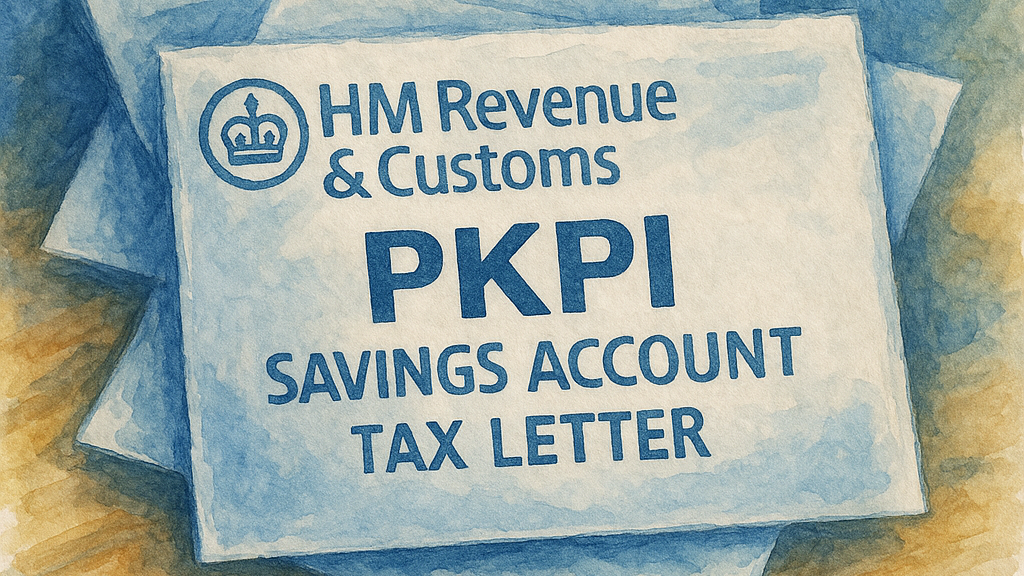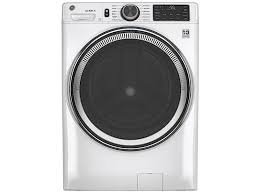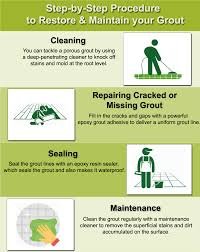When it comes to personal finances in the UK, one of the most common concerns for savers is taxation on interest earned. If you have a savings account, you may receive communication from HM Revenue & Customs (HMRC) regarding the tax you owe. These are often referred to as HMRC savings account tax letters. In this article, we will explore what these letters are, why you receive them, and what action you may need to take.
What Are HMRC Savings Account Tax Letters?
An HMRC savings account tax letter is an official notice sent to individuals who have earned taxable interest on their savings. The letter usually provides details about:
-
The amount of interest you earned on your savings account
-
How much of that interest is taxable
-
Whether you need to pay tax or if it has already been deducted
-
Steps you should take to declare and pay any tax owed
These letters are part of HMRC’s effort to ensure that everyone pays the correct tax on their income, including savings interest.
Why Do You Receive HMRC Savings Account Tax Letters?
You may receive a savings account tax letter from HMRC for several reasons:
-
Interest Exceeds Personal Savings Allowance (PSA)
-
Basic rate taxpayers get a PSA of £1,000.
-
Higher rate taxpayers get £500.
-
Additional rate taxpayers do not get a PSA.
If your savings interest exceeds these allowances, HMRC may send you a letter.
-
-
Banks Report Your Interest
UK banks and building societies are required to share information with HMRC about the interest you earn. If the reported amount indicates potential tax liability, you may receive a letter. -
Correction of Tax Records
Sometimes, HMRC identifies discrepancies in your records and sends a letter to correct your tax details.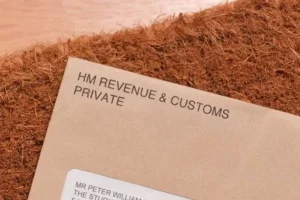
What Should You Do If You Get an HMRC Savings Account Tax Letter?
If you receive such a letter, it’s important not to ignore it. Here’s what you should do:
-
Read Carefully
Go through the letter to understand why HMRC contacted you. -
Check the Figures
Compare the figures in the letter with your bank statements and savings account records. -
Confirm Your Tax Band
Your tax liability depends on whether you are a basic, higher, or additional rate taxpayer. -
Update Your Personal Tax Account
Log in to your HMRC personal tax account online to confirm the figures and make any corrections. -
Pay Any Tax Owed
If the letter indicates you owe tax, HMRC will usually adjust your tax code, or you may need to pay directly via Self Assessment.
Common Questions About HMRC Savings Account Tax Letters
1. Do all savers receive HMRC savings account tax letters?
No, only those whose savings interest exceeds their allowance or requires clarification will receive a letter.
2. Can HMRC make mistakes in savings tax letters?
Yes, sometimes errors occur if the bank reports incorrect figures. Always cross-check with your statements.
3. How is the tax collected?
HMRC may adjust your PAYE tax code, or you may be asked to file a Self Assessment return.
4. What happens if I ignore the letter?
Ignoring an HMRC savings account tax letter can lead to penalties, additional charges, or legal action.
How to Avoid Problems with HMRC Savings Account Tax Letters
To minimize issues, consider the following tips:
-
Keep Track of Interest: Regularly monitor how much interest your accounts are generating.
-
Understand Your Allowance: Know your Personal Savings Allowance and how it applies to your tax bracket.
-
Update HMRC Promptly: If your circumstances change, update HMRC via your online account.
-
Seek Professional Help: If you are unsure, consult a tax advisor.
Example Scenario
Imagine you are a higher-rate taxpayer with £80,000 in savings earning 3% interest annually. This gives you £2,400 in interest. Since your Personal Savings Allowance is £500, the remaining £1,900 is taxable. HMRC may send you a savings account tax letter explaining this and instructing how the tax will be collected.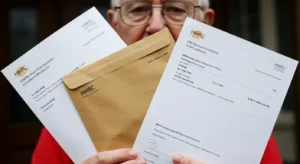
Digitalisation and Future of HMRC Savings Tax
With the rise of digital banking, HMRC is increasingly using real-time data sharing with banks. This means:
-
Fewer errors in reported savings interest
-
Faster communication through online tax accounts
-
Increased accuracy in HMRC savings account tax letters
Conclusion
Receiving an HMRC savings account tax letter can seem worrying, but it is simply part of the tax process. These letters are meant to clarify your tax position and ensure that the right amount of tax is collected on your savings interest. By understanding your Personal Savings Allowance, keeping records, and responding to HMRC promptly, you can handle these letters with ease.
For savers in the UK, being proactive with your finances is the best way to avoid stress. And if you do get an HMRC savings account tax letter, remember—it’s not a penalty, just a reminder to stay compliant.







